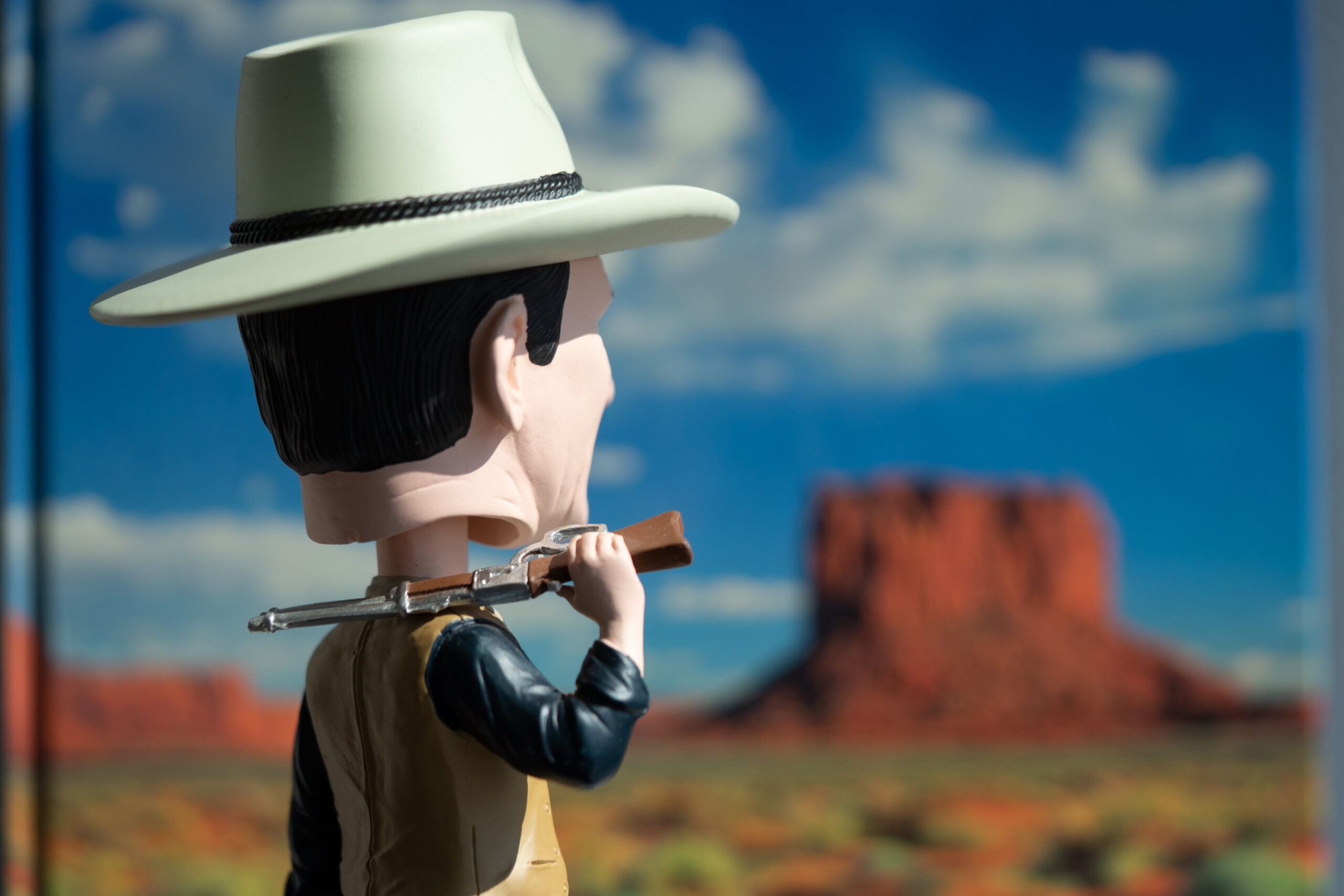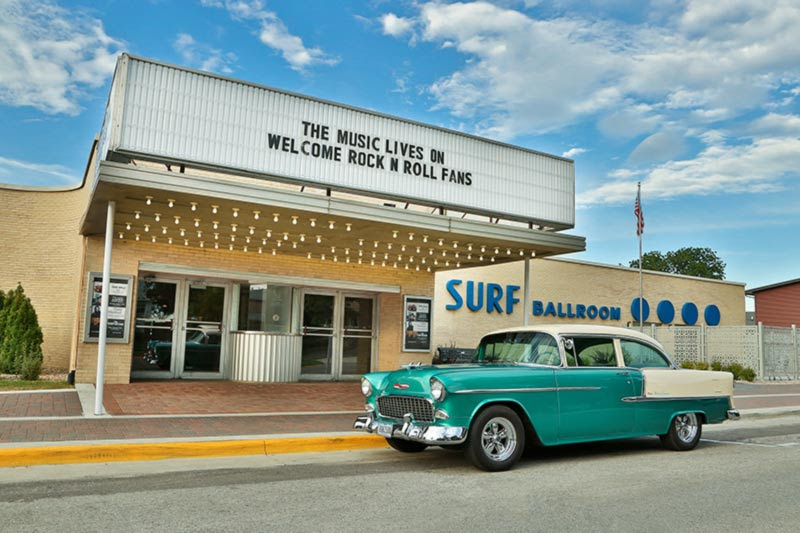John Wayne: The American Legend Who Defined Patriotism and Grit

Few figures in American culture stand as tall—or stride as confidently—across our collective imagination as John Wayne. With his unmistakable drawl, towering frame, and steely-eyed presence, Wayne came to personify rugged individualism, frontier courage, and unwavering patriotism. To many, he wasn’t just a movie star—he was America.
Born Marion Robert Morrison on May 26, 1907, in Winterset, Iowa, Wayne’s early life gave no obvious clue that he would become one of the most enduring legends in Hollywood history. His family relocated to Southern California when he was a child, and it was there that the seeds of his future stardom were quietly planted. A standout football player at the University of Southern California, Wayne’s athletic career was cut short by an injury. But his part-time work on film sets led to a chance meeting with director John Ford—a friendship that would help define his career and Hollywood’s Golden Age.
Wayne’s breakthrough came with 1939’s “Stagecoach”, a revolutionary Western that not only revitalized the genre but introduced America to a new kind of leading man. Tall, deliberate, and unshakably strong, Wayne’s Ringo Kid was a different breed of hero—flawed, human, but driven by a sense of justice. Over the next four decades, he would appear in more than 170 films, most of them Westerns or war dramas, crafting a persona that blurred the line between actor and archetype.
The Cowboy as a National Symbol
John Wayne’s cowboy wasn’t just a man on a horse—it was a metaphor for American identity. In films like Red River, The Searchers, True Grit (for which he won an Oscar), and The Man Who Shot Liberty Valance, Wayne’s characters grappled with morality, loyalty, and sacrifice. He became synonymous with the frontier spirit—resilient in the face of hardship, committed to doing what was right even when it wasn’t easy.
While many of his roles were fictional, the values they represented were deeply real to him. Wayne’s characters stood for justice, family, and country. They believed in self-reliance, yet were always willing to fight for others. These were not just movie tropes—they were deeply woven into the fabric of Wayne’s public life as well.
A Wartime Patriot, On and Off Screen
During World War II, Wayne’s patriotism took center stage—literally. Though he never served in the military himself, a decision that would shadow him for years, Wayne threw himself into supporting the troops through film. Movies like The Fighting Seabees, Sands of Iwo Jima, and Flying Tigers weren’t just box office hits—they were morale boosters, seen by soldiers and civilians alike as celebrations of American bravery and resolve.
Beyond the screen, Wayne made USO trips to support service members and was known for his commitment to veterans’ causes. His portrayal of Sergeant Stryker in Sands of Iwo Jima earned him his first Academy Award nomination and cemented his place as a cinematic warrior. For many Americans, Wayne’s on-screen service felt as real as any battlefield deployment.
The Man Behind the Legend
Off-screen, John Wayne was a complex and sometimes controversial figure. He was deeply political, an outspoken conservative who didn’t shy away from using his platform to advocate for his beliefs. He was a founding member of the Motion Picture Alliance for the Preservation of American Ideals and served as president of the organization during a turbulent time in Hollywood history. His views may not have always been popular, but he wore them openly—convinced that America was worth fighting for, both on and off the screen.
In 1964, Wayne was diagnosed with lung cancer and had most of one lung removed. He later said he had “licked the Big C,” and became one of the first major celebrities to speak publicly about the disease, helping to destigmatize cancer and promote early detection. When he was later diagnosed with stomach cancer, he continued working, never allowing his illness to define him. His resilience in the face of these battles further deepened the public’s admiration for him.
Honors and a Lasting Legacy
Wayne’s contributions didn’t go unrecognized. On his 72nd birthday in 1979, he was awarded the Congressional Gold Medal, one of the highest honors that can be bestowed on a civilian. The following year, he was posthumously awarded the Presidential Medal of Freedom by President Jimmy Carter—an unusual but heartfelt honor from a president who didn’t share Wayne’s politics but deeply respected his patriotism and contributions to American culture.
Though John Wayne passed away in 1979, his legacy continues to loom large. His name graces airports, schools, and cancer research foundations. His films are still aired on cable and streamed online. And for millions, his image—boots planted firmly on the ground, gaze fixed on the horizon—is a reminder of what it means to stand tall, speak plainly, and never back down.
A Legend That Endures
In today’s often cynical world, the idea of a square-jawed hero who believes in truth, justice, and the American way might feel like a relic of another time. But John Wayne’s story—and the values he represented—still resonate. He wasn’t perfect, and he never claimed to be. But he believed in the greatness of this country, and he lived a life that honored its spirit.
That’s why this week, we honor John Wayne as our Legend of the American Spirit. Because sometimes, all it takes to inspire a nation is one man, one voice, and the courage to say, “This is who we are—and we’re not backing down.”
RECENT










BE THE FIRST TO KNOW
More Content By
Think American News Staff











